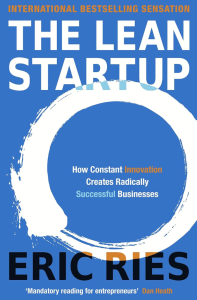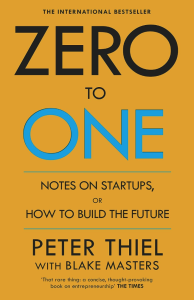If top CEOs were asked to answer the question “How do you help your customer succeed?”, their responses would focus on a mix of strategic, operational, and customer-centric approaches.
Here’s how they might structure their strategies…
1. Customer-Centric Approach:
- Listen Actively: Continuously gather customer feedback through surveys, interviews, and data analytics to understand their evolving needs.
- Tailor Solutions: Design products and services that align with customer goals and adapt offerings based on feedback to ensure they provide maximum value.
- Provide Personalised Experiences: Leverage data to offer personalised interactions, focusing on anticipating customer needs before they arise.
2. Innovation & Agility:
- Innovate Relentlessly: Invest in R&D to develop cutting-edge solutions that keep customers ahead of their competition.
- Be Agile: Cultivate an organisational culture of flexibility to quickly respond to customer needs and market shifts.
- Partner with Technology: Use AI, machine learning, and automation to offer faster, more accurate service and insights that help customers succeed.
3. Customer Success as a Partnership:
- Co-create Value: Work collaboratively with customers, treating them as partners. Build solutions together to ensure mutual growth and success.
- Educate and Enable: Invest in educating customers on how to leverage your products/services to drive their success through training and resources.
- Outcome-Based Focus: Move beyond transactions to a relationship built on helping customers achieve their strategic goals, tracking metrics that matter to them.
4. Operational Excellence:
- Proactive Support: Implement predictive customer service models to address issues before they become problems.
- Invest in the Right People: Build a world-class customer success team that is empowered to support and delight customers.
- Streamline Processes: Ensure that your internal processes are efficient and can scale to deliver a seamless, reliable experience for customers.
5. Long-Term Strategic Alignment:
- Align on Vision: Ensure that your company’s mission and values align with those of your customers, reinforcing trust and a shared vision of success.
- Measure Success Together: Establish KPIs and success metrics that both you and your customers can track, making sure progress towards their goals is transparent.
- Foster Long-Term Relationships: Build loyalty by consistently delivering results, staying connected to customers’ long-term business objectives, and offering ongoing value.
6. Sustainability & Responsibility:
- Sustainable Solutions: Ensure your products and services support customers’ ESG (Environmental, Social, and Governance) goals, offering sustainable practices that benefit both the customer and the environment.
- Corporate Responsibility: Be a responsible partner, ensuring your values on diversity, inclusion, and community engagement align with those of your customers to foster trust.



